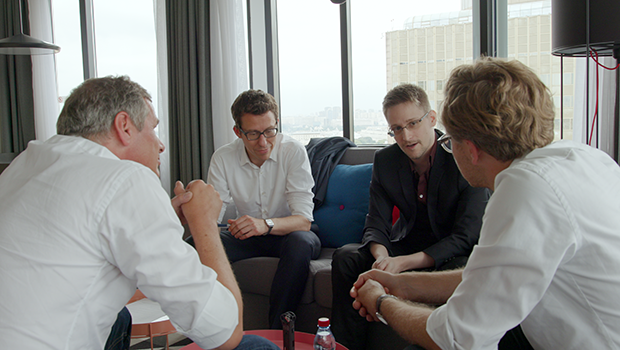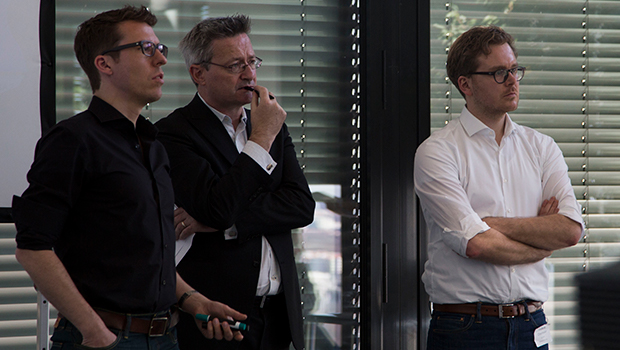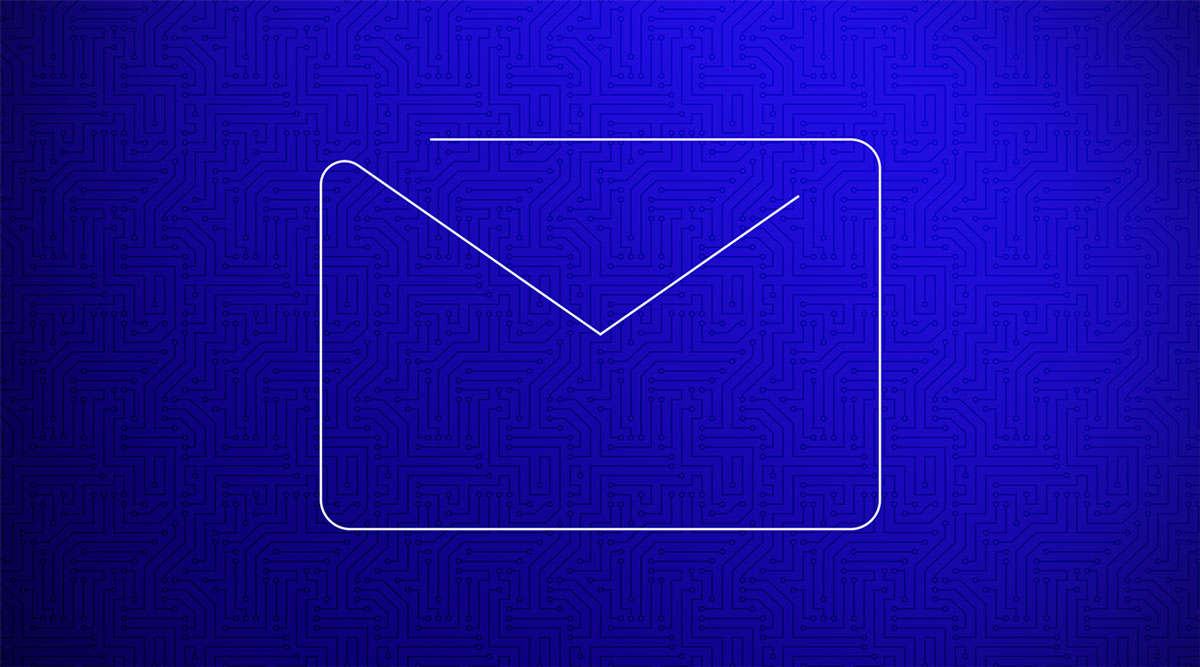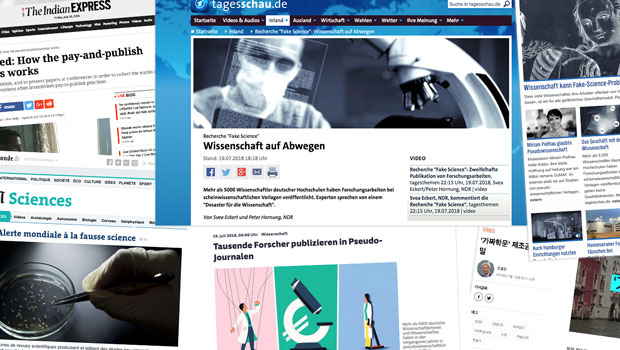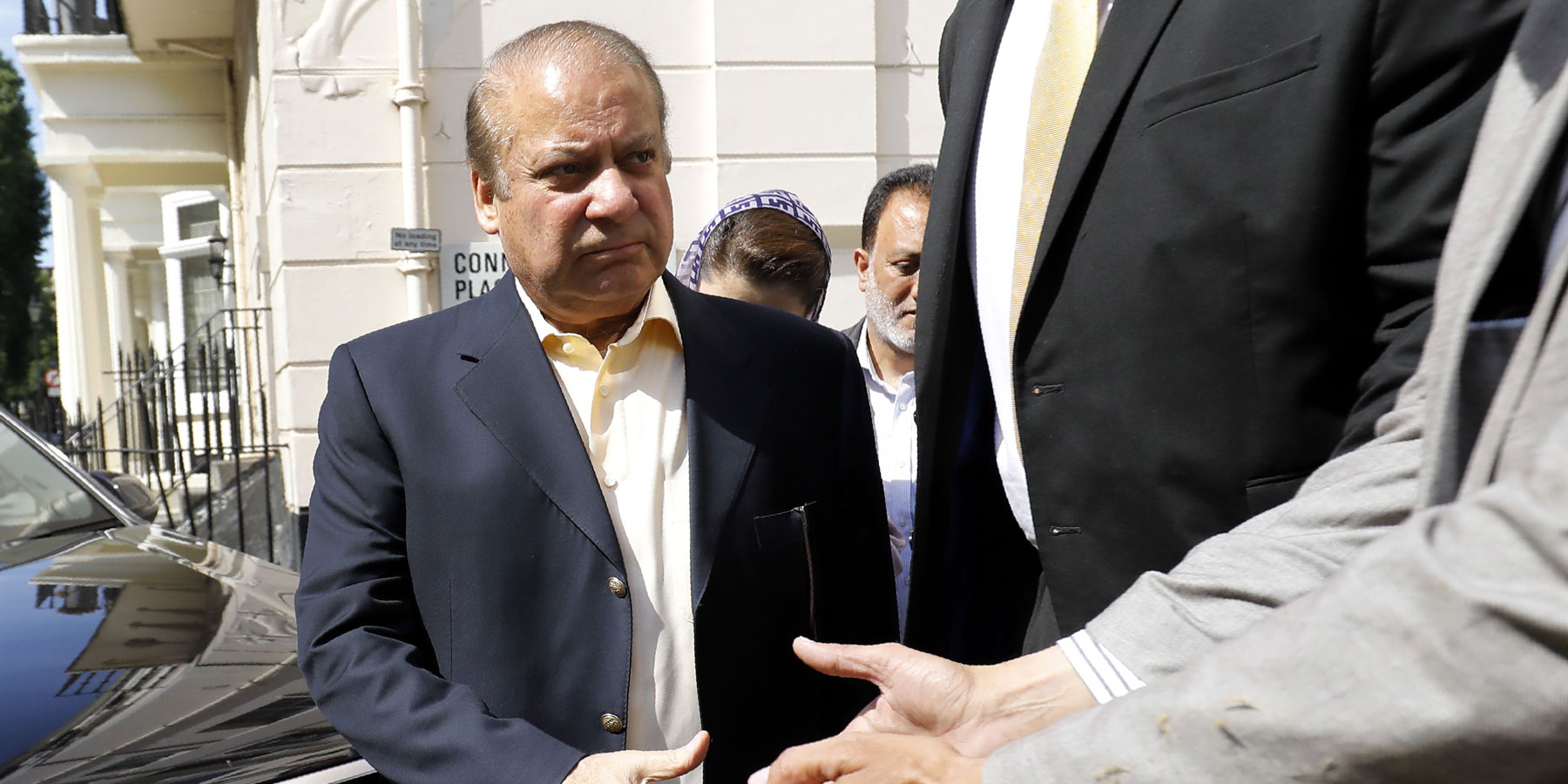Five years ago Edward Snowden landed in Russia after leaking classified U.S. documents that disclosed worldwide surveillance programs run by the National Security Agency. Süddeutsche Zeitung reporters and ICIJ members, Georg Mascolo, Frederik Obermaier and Bastian Obermayer sat down with him recently in Moscow for a rare and open conversation.
Süddeutsche Zeitung was the recipient of two massive leaks of documents that showed how the rich and powerful stash money out of the reach of tax collectors, as detailed in the International Consortium of Investigative Journalists’ Panama Papers and Paradise Papers investigations. Obermaier and Obermayer are at work on a book on the rise and fall of whistleblowers.
Mr. Snowden, many people want to know: Can you move freely? Can you use public transport, for example?
Yes, I can. I ride the metro. People have this image in their head that I am living on some military base or in a palace or something, with armed guards. But, no, I live in an ordinary apartment together with my girlfriend Lindsay, and I pay rent like everybody else. I don’t use credit cards, and I try to keep my life off the books as far as possible.
Do people recognize you?
Much less now than they used to. It was much more difficult closer to 2013, because I was on every news channel all of the time. As my face has become less prominent in the newspapers, I have become less recognizable.
But still, at least some people must recognize you on the street.
There are some rare exceptions. Some months ago a German girl recognized me when I visited the Tretyakov gallery with my parents. She asked “Are you Snowden?” I said yes and agreed to a selfie, and I am glad that it has not appeared on social media yet.
How do you make a living here?
I speak. I give public speeches, via the internet. And I am fortunate enough that people pay for that, so this works for me.
Since you have been living in Moscow now for five years, there are lots of rumors about you. Head on: Several prominent politicians as well as the head of the German intelligence service have repeatedly suggested, or claimed, that you might be a Russian spy.
Believe me, the CIA does have its sources inside Russian intelligence. If I was a Russian spy, the United States would know. And it would be on the front page of every newspaper.
Has the Russian intelligence service ever approached you?
Yes, at my arrival in the airport. I very strongly refused. I said “Look, if you guys are going to kick me out, you’re going to kick me out. Show me the plane. But I don’t have anything, I’m not going to tell you anything, I don’t want any relationship with you, and I will not be threatened.” And I had someone with me at the time, a journalist.
Sarah Harrison from Wikileaks?
Yes. I would not allow myself to be separated from her, particularly so that there would be a witness.
Did the Russians try it later again?
No. But there’s always a fear that people could approach me, but they haven’t. And what do they have to gain? I’m not the guy who has all the documents. Those are journalists. So what could I really give them, what could I really tell them?
Is the biggest reward for Russia maybe that they can present themselves as the guardian of a U.S. whistleblower?
Right, they may believe that it’s more important to protect their PR victory and not to interfere.
From time to time you criticize Russia on Twitter, openly and directly. Did you ever receive any warning from the government after doing so?
No, no. People think that there must be some guy telling me what to tweet or slapping me with a board if I tweet something critical or giving me a ruble every time I say something against the CIA … I don’t have any contacts with the Russian government, and that’s by design. I don’t want any connections. I don’t want any entanglement. I never planned to be here.
The ballot stuffing seen today in Moscow and elsewhere in the Russian election is an effort to steal the influence of 140+ million people. Demand justice; demand laws and courts that matter. Take your future back. https://t.co/Jh6W8gq7Zx
— Edward Snowden (@Snowden) March 18, 2018
Is it fair to say that, after your service for democracy, it’s a tragedy that you have to spend your life in a country like this?
I think that’s too negative. For one thing it presumes that this place will never improve. But more than that, it focuses too much on me. I don’t matter. I did not expect to get away with it. I thought the likeliest outcome was an orange jumpsuit in the equivalent of Guantanamo: that they’d be holding me on a Navy ship somewhere, probably still today, saying, “Oh, yeah, we don’t know where he is.”
Still, in the past five years you have repeatedly argued for freedom of speech, freedom of the press – and all the time you depend on the benevolence of a country which is widely seen as an abuser of human rights. How do you perceive the country?
I think the public feels disempowered. Russians are not naïve, they know that state-TV is unreliable. The Russian government is corrupt in many ways, that’s something the Russian people realize. Russian people are warm. They are clever. It’s a beautiful country. Their government is the problem, not the people.
Do you think it’s dangerous for you to criticize Russia?
Yes. There’s no question, it’s a risk. Maybe they don’t care, right? Because I don’t speak Russian. And I am literally a former CIA agent, so it’s very easy for them to discredit my political opinions as those of an American CIA agent in Russia.
Still, Kremlin-critics die under mysterious circumstances in Russia and elsewhere
Maybe, but, I am already someone who the world’s most powerful intelligence agency considers a real threat. If I wanted a safe life, I would still be in Hawaii, working for the NSA. (Snowden was a contractor for the National Security Agency at the time of the leak.)
Don’t you agree that the Russian government might be especially thin skinned these days, regarding criticism?
I definitely think that is the case. At the same time, that’s why I do it. Because it’s the times when it is the most unwise to speak in terms of consequences that it is the most meaningful. That’s when people listen.
You currently have a temporary residence permit that lasts only till 2020. That could be another argument to spare Russia from criticism.
My lawyers probably share this point of view…
Five years ago you went public. What has been your biggest achievement?
I have raised awareness of how the world works, and it works in a way that people previously would have regarded as a conspiracy [theory] but is now all too recognizable as reality… Nobody really believed the NSA was collecting the phone records of every single person in the United States. But it was happening. No one believed that the NSA was collecting all the phone calls of everybody in the Bahamas, but it was happening.
Not all the documents that the journalists have access to were intended to be published. The fact that some are not published is the point, not a problem.
No one believed that Apple and Google and Facebook and all of these companies had created secret mechanisms to provide exact copies of users’ data from their servers and give it to the intelligence services, but they had. Now, we are aware that these things are not only possible, they are happening. And as a result of this, while the predation is still occurring, we can begin to resist it.
So what is better today than five years ago? Aren’t people giving up their privacy freely today, with Alexa and Siri and whatever computers they buy, and thereby inviting Google or Apple or Amazon into their homes to listen in?
Well, it’s a good question. The question presumes that people know they are letting Amazon or whatever listen to all of their conversations. These companies of course aggressively deny that they are doing that, that they’re using it in those ways. Governments do the same.
So what did change?
I would say the intelligence services are doing more or less exactly what they did before the revelations. But to be fair, encryption is playing a much larger role today, and the companies are not as eager as they were in the past to help governments. So this has clearly changed.
James Clapper, who was National Intelligence Director until 2017, testified in March 2013 before the Senate Intelligence Committee that the NSA did not collect data on Americans. Your revelations have shown that it was a lie.
In the system that I was exposing there is no accountability. James Clapper, who lied under oath to Congress – a felony – on camera, served out the end of his term. He went all the way to retirement, until the statute of limitations expired. He broke the law with impunity, and it’s this system of immunity and impunity that public awareness begins to change. Because it’s true, even in the wake of public knowledge, James Clapper did not go to jail. Right, he never will. But, the public at least knows about this. And public officials, sitting in these closed rooms making these decisions, have to think about the possibility that they will be exposed.
In October 2013 you met reporters from Süddeutsche Zeitung for the first time. At that time your hope was clearly that some European country, especially Germany, could grant you asylum. Are you disappointed that the German government denied it?
There’s never been any question that I would have been glad to come to Germany. But disappointment would imply the belief that the government was likely to make the right call. All the polling shows that the public in Germany would very much like to welcome whistleblowers, like myself, into Germany. But they don’t have a mechanism of influence to require the government to do the same.
Do you sometimes think about how your life would look like if you had come to Germany?
I’ve already accepted that I am going to spend my life dealing with enormous consequences for my decision to tell the public what I know. But, if not for me, by all means, Germany should pass the necessary laws to allow future whistleblowers to find a safe harbor. If Europe, if the world does not create a system of rules to protect sources who provide information of public interest, regardless of whether you approve or disapprove of it, I’m worried that we will run out of sources when we need them the most.
Many whistleblowers try to stay anonymous, but they don’t make it.
Right, but then there is also your John Doe, the Panama Papers whistleblower, whose identity is still unknown. Fabulous, right? And this is proof that it is possible. If I had planned to stay anonymous, I could’ve done it. I wouldn’t have been able to do it on the same scale, and I wouldn’t have been able to do it, I think, with the same level of authenticity. It would have been more easy for (the government) to deny it and go, “Maybe these are forgeries. Maybe they’re manipulated.” As opposed to: “Well we just charged this guy with the crime of leaking it, so we can’t say he’s making it up.”
We know what your decision was, but would that be a general advice from you to other whistleblowers?
I think it’s an absolutely individual case. The circumstances are always so different. I would never encourage anyone to come forward, unless they thought it mattered. If you have reached a point of awareness where you realize you could come forward, you can start looking for the right moment. You could start looking for the right context, you can start looking for the point in political history where, even though you may have very little power, that might be enough to tip your finger on the scale and take us to a freer and better future.
Under which conditions would you ever return to the United States?
Things actually haven’t changed since I first left. I had a single demand for Obama’s Justice Department, and this was that I would be allowed to make a public interest defense, that I would get a chance to explain to the jury what I did and why I did it – for them to decide whether or not that was just, whether that was permissible in the circumstances. And Obama’s Attorney General, the head of the Justice Department, Eric Holder, responded with a letter that promised I would not be tortured.
The same Eric Holder later said that you performed a “public service” …
… but he didn’t say so before leaving office.
Are your lawyers still in contact with the government?
No, we haven’t had any contact with the Justice Department under the new administration.
Speaking of Trump, he is reportedly still using a cell phone that isn’t equipped with sophisticated security features to shield his communications…
… probably the same model as Angela Merkel used.
That doesn’t sound very reasonable.
Nobody can tell him what to do. The phone is going to get attacked, and it has likely already been compromised and will be compromised again.
Your critics say the revelations have put informants at risk.
Yes, in the passion of that June 2013 moment, the combined forces of America’s intelligence agencies and many of its allies were accusing myself and every journalist, even peripherally involved, as being party to crimes of the highest order against democracy. Saying people were going to die, the oceans were going to boil off, the sky was going to catch fire. But five years later, none of it was true.
The intelligence community claims you have published too much. At the same time, transparency advocates would like to see more documents published.
If I wanted everything published I would have put it online myself or sent it to Wikileaks. Not all the documents that the journalists have access to were intended to be published. The fact that some are not published is the point, not a problem.
It may sound strange, but in a way, you’re not only a celebrity, you’re a star. You’re starring in a Hollywood movie. People wear t-shirts with of your face on it, others spray your face on walls –- because you’ve become a symbol. How does this feel?
I’ve got to say, it’s weird and a little bit intimidating to be less than 30 years old when the world decides who you are for the rest of your life. It’s interesting, actually, how those social pressures can shape you.
When I came forward with the journalists in 2013 I actually communicated with them under an alias: Cincinnatus. He was a Roman general, who was made dictator for a day to repel an invasion. They asked him to stay, but instead, he gave up his prominence. He gave up his power, and he went back to his fields, which is what I sought to do. I wanted to tell people what was going on, and honestly, just go back to ordinary life.
This didn’t really go well.
Right. But seeing people that are encouraged by your actions can inspire you to do more than you would naturally do.
How so?
By nature, I’m a pretty lazy guy. I don’t want to work too hard, but I’ve been working really hard for the last five years, and I’m not actually ready to stop.
If you had one wish, is there any specific topic you would most wish a whistleblower to come forward with?
There are many, honestly. But the one I think is still the most important to history, that we haven’t seen, is the torture report. The unredacted form of the Senate’s report on the United States torture program.
This interview formed part of a book project with the working title ‘The Rise and Fall of the Whistleblowers’. A publication date is not yet set.
Interview by Georg Mascolo, Frederik Obermaier, Bastian Obermayer.
This story was first published by Süddeutsche Zeitung.
